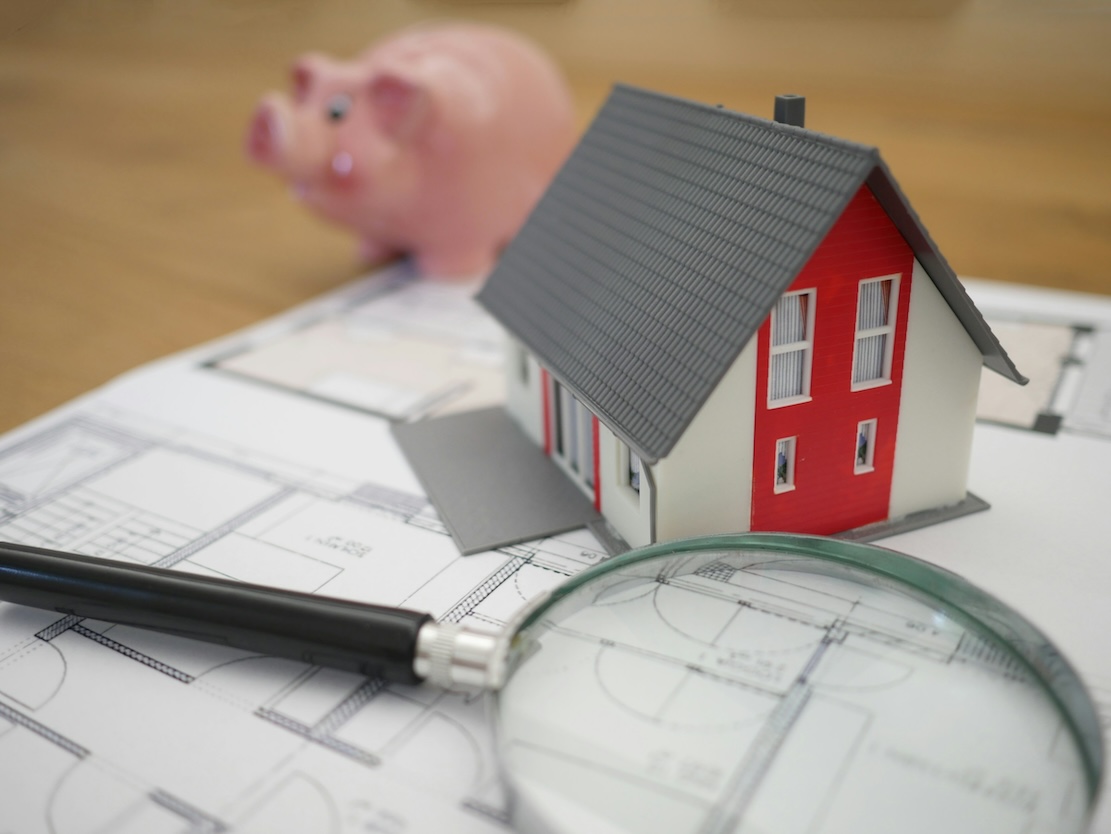Scottish property taxes raise over £674m in 2024

Scottish Government revenue from land and buildings transaction tax (LBTT) has reached a record £674.1 million in 2024, a 15.2% increase on the previous year, according to DJ Alexander.
This is £88.7m higher than 2023 when £585.4m was raised. Five of the last six months of 2024 had the highest ever monthly figures for LBTT.
Of the £674.1m taxes raised £202.0m is from the additional dwelling supplement (ADS) which is charged on second homes and properties purchased by landlords and property investors to rent. This is 29.9% of the total raised and is £39.0m higher than 2023. The final three months of 2024 were the highest ever figures for ADS with October to December all greater than £21m.
Almost all the residential taxes raised arose from properties sold for more than £325,001. The 18,280 transactions above this threshold collected £391.6m which is 82.9% of the total £472.1m raised in LBTT (this is the figure for residential sales with the ADS figures removed). This means that the average tax levied per transaction was £21,422.
David Alexander, CEO of DJ Alexander Scotland, said: “Scotland is facing a housing emergency with too few properties being built for homebuyers; not enough homes to rent in the private rented sector (PRS); and a prolonged lack of delivery in social housing. The result is that fewer and fewer people are able to get the home they want in the place they need to live.
“Yet the homebuyer is contributing over two-thirds of a billion pounds in the last year in property taxes. The logical use of this money would be to use this tax to fund more affordable and social housing homes for the future. This would go some way to address the current housing emergency and establish a pattern of tax and spending specifically on housing which would eventually deliver considerably more homes for people living in Scotland in the future.

David Alexander
Mr Alexander continued: “There may even be greater acceptance of the substantially higher property tax rates being charged in Scotland compared to England if people knew this money was being used to provide more affordable and social housing. With the 10% property tax beginning at £325,001 in Scotland compared to £925,001 in England there has to be some justification for this very unlevel playing field.
“A property valued at £325,000 is not even the average price of a home in some parts of Scotland. In Edinburgh average house prices are already at £339,648 while East Lothian and East Renfrewshire are both within £20,000 of the £325,000 threshold.”
Mr Alexander concluded: “Property taxes – whether it is LBTT in Scotland or Stamp Duty Land Tax (SDLT) in England – are a big earner for governments. But there is undoubtedly an argument for a level playing field between Scotland and the rest of the country.
“The long-term impact on the Scottish economy of such higher taxes on homes and greater employment taxes is difficult to determine but it is unlikely to be positive over the next five to ten years.
“If higher property and income taxes start to deter individuals and companies from future investments in Scotland, then far from being progressive taxation it will be regressive. However, until that point though this remains a substantial revenue earner for the Scottish Government.”




